Health And Medicine
-
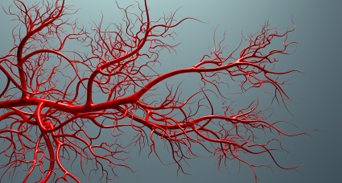
Targeting tumor “supply lines”
A metabolic enzyme plays a crucial role in vascular development and may be a good target for cancer therapies. Read MoreDec 18, 2013
-

Cancer drug enhances cognition
The breast cancer drug tamoxifen improves cognitive performance in post-menopausal women. Read MoreDec 16, 2013
-
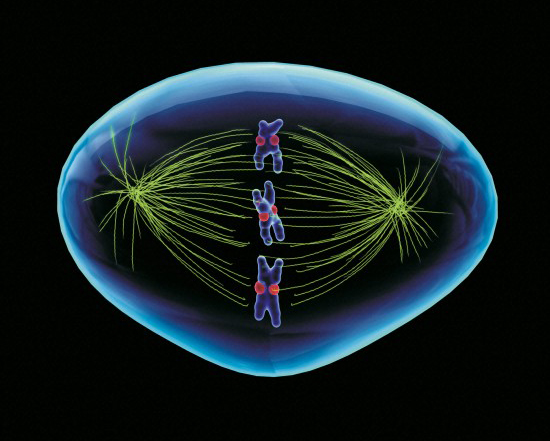
Manager of mitotic stress
The protein CK1 delays cell division to avoid the generation of defects that drive tumorigenesis. Read MoreDec 13, 2013
-

Study to explore new technologies to connect doctors, patients outside medical settings
A five-year study to explore new technologies that automate patient care outside of hospitals and doctors’ offices will identify ways technology can provide real-time feedback and guidance to patients and to alert care coordination teams before health issues escalate. Read MoreDec 12, 2013
-
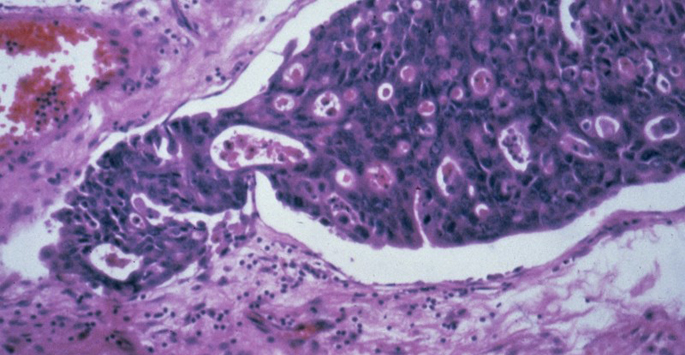
Therapeutic target for gastric cancer
A protein kinase linked to inflammation and tumor development may be a good target for gastric cancer therapies. Read MoreDec 12, 2013
-
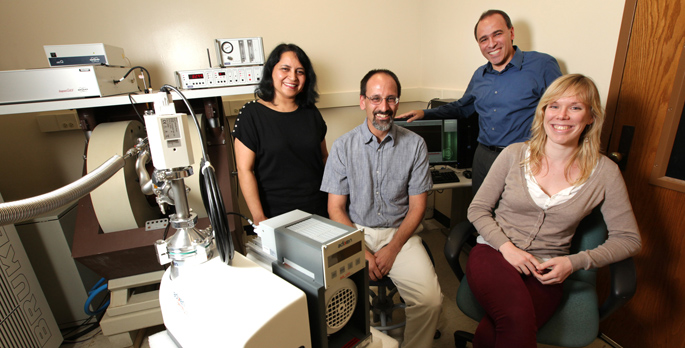
Proton transfer powers multidrug resistance: study
Vanderbilt University researchers and their Belgian colleagues have discovered the mechanism behind a multidrug transporter. Their findings, posted this week by Nature Chemical Biology, could lead to new treatments for multidrug resistant bacterial infections. Read MoreDec 12, 2013
-
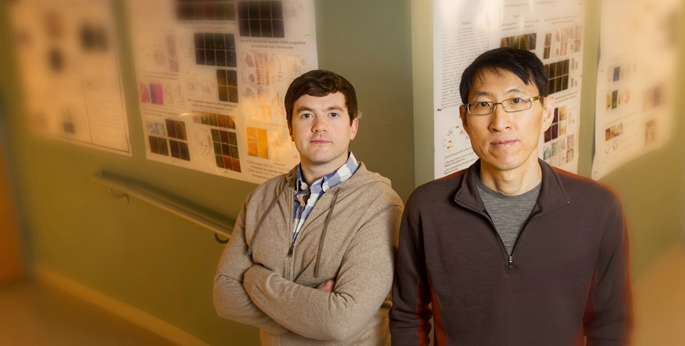
VU study points to central regulator of neuron development
Developmental biologist Chin Chiang, Ph.D., and his colleagues have discovered that Purkinje neurons in the cerebellum act as central regulators of neuronal development. Read MoreDec 12, 2013
-
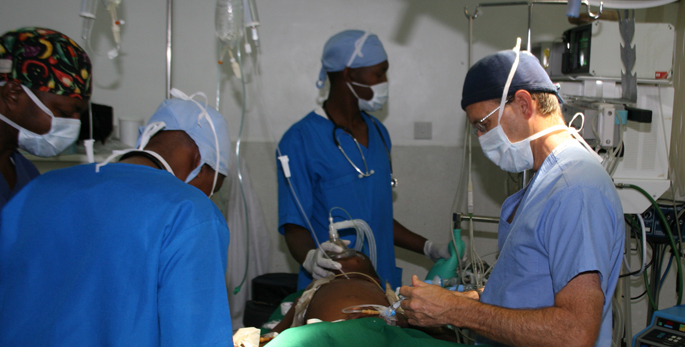
GE grant expands global medical outreach efforts
Vanderbilt University has received a $3 million grant from the GE Foundation’s Developing Health Globally program to fund international medical education and research in Kenya and other low-resource regions of the world. Read MoreDec 12, 2013
-

Penicillin equally effective as ‘big gun’ antibiotics for treating less severe childhood pneumonia, Vanderbilt study shows
Children hospitalized for pneumonia have similar outcomes, including length of stay and costs, regardless of whether they are treated with “big gun” antibiotics such as ceftriaxone or cefotaxime or more narrowly focused antibiotics such as ampicillin or penicillin. Read MoreDec 9, 2013
-
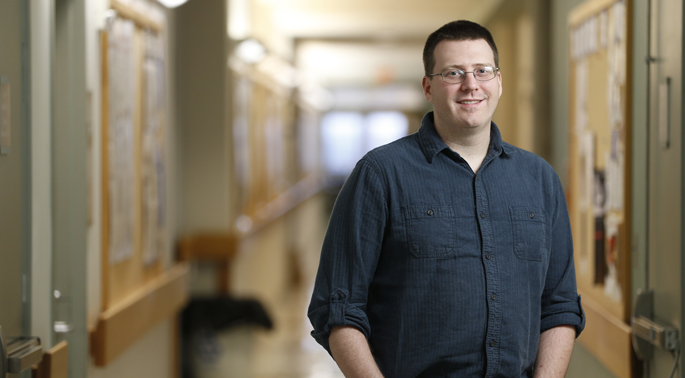
Pioneers of Discovery: Investigator explores how cells decide what’s on surface
Jason MacGurn, Ph.D., a new assistant professor of Cell and Developmental Biology at Vanderbilt, is studying how cells make decisions about the protein composition of the cell surface. Read MoreDec 5, 2013
-

Brain research foundation lauds VU’s Winder, Park
Vanderbilt University’s Danny Winder, Ph.D., professor of Molecular Physiology and Biophysics, is among 15 scientists nationwide to receive NARSAD Distinguished Investigator Grants this fall for their “cutting-edge” research. Read MoreDec 5, 2013
-
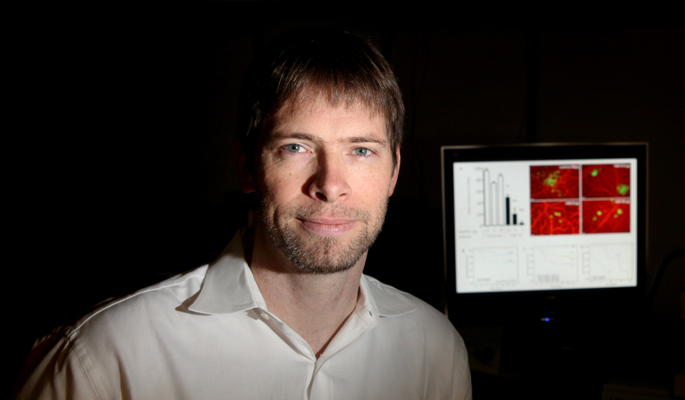
Predictor of prostate cancer outcomes identified
Researchers at Vanderbilt University Medical Center and the University of Alberta in Canada have identified a biomarker for a cellular switch that accurately predicts which prostate cancer patients are likely to have their cancer recur or spread. Read MoreDec 5, 2013
-

First-ever study uses EMRs to spot new disease associations
Vanderbilt University Medical Center researchers and co-authors from four other U.S. institutions from the Electronic Medical Records and Genomics (eMERGE) Network are repurposing genetic data and electronic medical records to perform the first large-scale phenome-wide association study (PheWAS), released today in Nature Biotechnology. Read MoreDec 5, 2013
-

VU researchers report G protein advancement that could lead to more effective drugs
Thanks in part to a computer program named “Rosetta,” Vanderbilt University researchers are closer to understanding how the ubiquitous G protein is activated – a discovery that could lead to the design of more specific and effective drugs. Read MoreDec 2, 2013
-

Autism narrows brain’s reward response
MRI brain scans reveal that children with autism spectrum disorders respond to a narrower range of familiar rewards. Read MoreNov 27, 2013
-
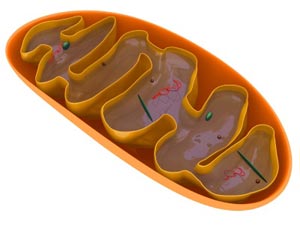
Mitochondrial mutations not random
A study of mitochondrial DNA mutations suggests they result from a process that selects for particular mutations in certain tissues. Read MoreNov 25, 2013
-

Vanderbilt celebrates 18 elected fellows of the AAAS
Eighteen academic and administrative leaders at Vanderbilt University have been elected fellows of the American Association for the Advancement of Science (AAAS) this year. Read MoreNov 25, 2013
-
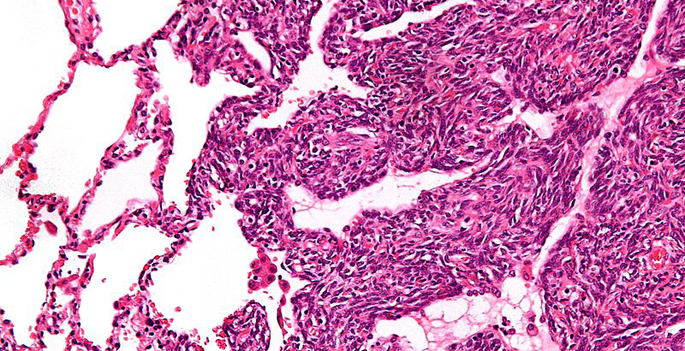
Therapeutic target for synovial sarcoma
Inhibitors of a signaling pathway that is critical to synovial sarcoma tumorigenesis may be useful treatments for this aggressive cancer. Read MoreNov 21, 2013
-

Study finds limited resources for injured surgeons
Nearly half of orthopaedic surgeons sustain at least one injury during their career and, in many cases, the resources available to them are inadequate, according to a Vanderbilt study in The Journal of Bone & Joint Surgery. Read MoreNov 21, 2013
-

Immunosuppressive drugs unlikely to raise fetal risk: study
Women with chronic autoimmune diseases who take immunosuppressive medications during their first trimester of pregnancy are not putting their babies at significantly increased risk of adverse outcomes, according to a Vanderbilt study released online by the journal Arthritis and Rheumatism. Read MoreNov 14, 2013